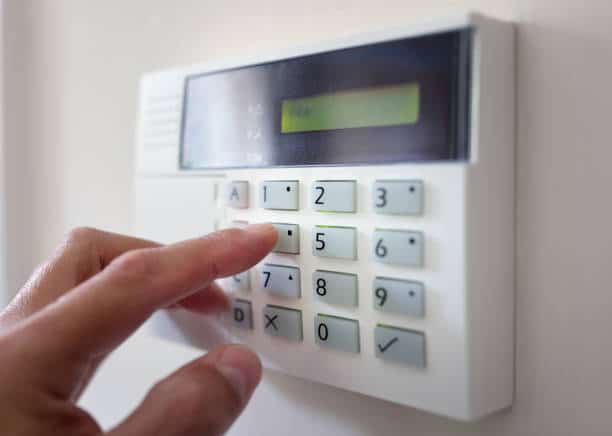Starting a small business comes responsibilities. Sometimes you do not have the resources to hire people for important tasks. This can leave you vulnerable in certain areas. One thing you cannot put off or overlook is filing your taxes. You must file small business taxes for your company. If you fail to do so you can face fines, penalties, and even jail time.
To make the process go smoother, keep your financial records in order throughout the years and have them readily available when it comes time to file. It doesn’t matter if you do your own taxes or hire a professional tax preparer.
Are you dreading tax season? Keep reading for five things you need to know about how to do business taxes.
1. Record keeping is Vital
It’s nearly impossible to do business taxes without proper record keeping. You’ll need to know how much revenue you earned and the sources. Equally important is how your business was maintained.
If you are not using an accounting program that connects to your business bank account, figuring out your account payables and receivables will take more time. When it comes to payroll, the system you use to register deductions for taxes and benefits should have a reporting mechanism attached.
One business program owners can use is www.thepaystubs.com. Make sure the person doing your bookkeeping is detailed and is up-to-date on what records the IRS needs to verify your information.
2. File Small Business Taxes Based on Your Incorporation
Be mindful of your LLC tax breaks. Most small businesses are registered as a sole proprietorship limited liability company. Other filing classifications are:
- Corporation LLC
- Multimember LLC
- Partnership LLC
- Nonprofits
- S-Corps
The forms required for your filing will be based upon your incorporation.
3. Check Your Filing Deadline
Depending on the type of incorporation you have, your deadline to file is different. Some business categories must file on or before April 15th. Others like Partnerships and S-Corps have a deadline of March 15th.
Companies also need to factor in the fiscal year vs. a calendar-year for financials.
4. Research Deductions and Credits
To lower your tax liability you need to claim as many deductions and tax credits that you can. This is why your receipts are so important.
Learn more about business expenses and what is deductible by visiting the Internal Revenue website.
5. Use Top-Rated Tax Software or Hire an Accountant
Your tax filing can run smoothly and take less time if you utilize tax preparation software as it is usually equipped with the latest tax tools. Use the reports from your accounting applications to plug in the numbers. Otherwise, utilizing a CPA to do your taxes is a better option.
Don’t Stress
Did these five things give you insight on how to file small business taxes? As long as you have good recordkeeping and receipts to support your numbers, you should be okay. There is a lot of good news on the finance and business front. Check out our latest articles and learn what’s trending by visiting our finance and business sections.




